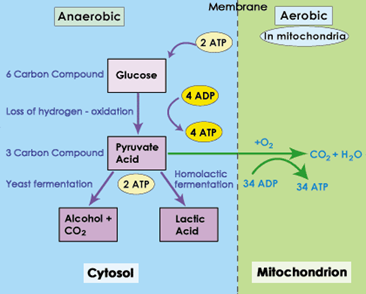- Messages
- 14,295
- Type of diabetes
- I reversed my Type 2
- Treatment type
- Diet only
Fair questions
I'm not a scientist per se, but have studied it personally for a number of years. I'm still a rank amateur, and don't pretend to be otherwise. My interest in the forum came from a recent bout of illness (about 5 weeks ago), followed by some bad/sporadic eating, and then I found a blood glucose meter I had at home, and tested myself over the course of a couple of weeks after illness, and found that my fasting BG was up above 10 on multiple occasions. One day it was 12. And my BG was spiking massively after meals for about 2 weeks (again, around 10-12 quite often). I was testing myself around 4-5 times a day, and found that I rarely got below 6, and was often at 8 mmol even a few hours after meals.
So I did some googling, and found various web pages, and forums, which were basically saying I "have diabetes". And frankly, I found most of the pages to be nonsense. And then started reading more about insulin, insulin resistance, and the link to the incredibly lucrative insulin industry, and started testing various things out. I began tracking calories, meal timings, and adding in various supplements I was reading about: magnesium, biotin, aspirin, upping my dose of thyroid hormone, sodium, potassium, fixing breathing patterns etc... and found my fasting BG and postprandial coming down quickly to "pre-diabetic" to "normal" levels. My fasting BG this morning was 5.5, for example, and 1.5 hour postprandial on a meal today was 5.8. So whatever I'm doing is working. Not had hba1c measured yet, but I will. It's clear that insulin is not the only thing that affects BG, yet most of the sciencey pages only talk about it. It seems weird.
So i'm sorta here to figure out if I "have diabetes" like a website said based on my BG numbers from a few weeks ago, (and apparently today don't have diabetes!), and see what other people are doing. I'm quite shocked that the solution seems to be "don't eat much glucose", since it doesn't treat the underlying issue. It's like saying "I used to get sore from going to the gym, but i'm over that now, since I no longer go to the gym". No one talks about glycolysis, gluconeogenesis, the Randle cycle, CO2 production, lactate, cortisol, adrenaline, calcium, oxidative metabolism, thyroid etc. It's all LCHF. It's weird. I'm not here to preach, I just find it interesting for some reason. I tend to get quite into a topic for a while, then move on
But I guess if I can't keep my BG under control, or the hba1c comes back bad, then I'll have to reconsider my positions!
May I ask a fundamentally basic question? Why did you just happen to have a glucose meter hanging around at home? It's not something we usually hear.
You've covered a lot of ground in 5 weeks.
It would be helpful if you could complete your profile with some information, which will help members interact with you. To do that, just click on your account at the top of the page, and go to the various headings there. Thanks.

